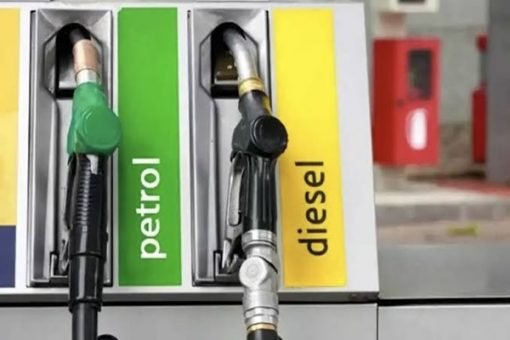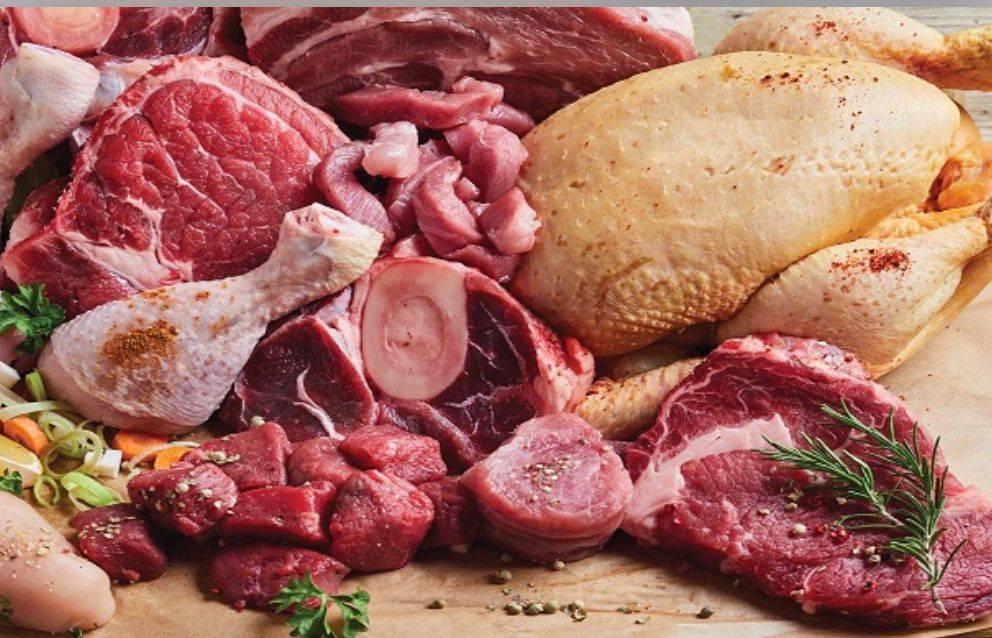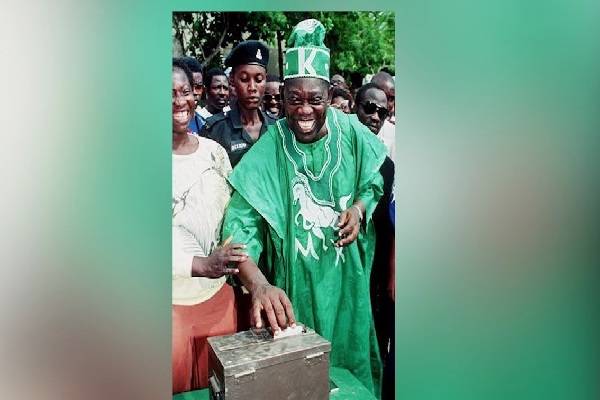By Sanya Oni
For Nigeria’s legion of activist/analysts, the past week must have been a particularly busy one. The subject, as anyone would imagine is the premium motor spirit aka petrol and the econometrics (or is it the economics?) of its delivery at the pump. For if most Nigerians had thought they have gained substantial understanding of the subsidy factor in the fuel price matrix, what the latest round of adjustment in the pump price has most certainly revealed, is in fact, the merely suppressed chasm between the government and the generality of the citizens.
Yes; it is not just that Nigerians are forced to reopen debate on the subsidy question much sooner than they could ever have imagined; the facts and figures being thrown around costs as indeed the conclusions said to have been derived therefrom for the most part of the past week can only be a measure of, not just the gross misunderstanding which subsists on the matter, but also a reflection of how deeply entrenched the illusions have remained.
So, it was when citizens first reported the resurgence of fuel queues across the country, some three weeks back. First, the denial, by the country’s sole petrol importer – the Nigerian National Petroleum Company Limited, (NNPCL) that the product was in short supply even when the facts clearly indicated the contrary. As usual, the initial line was that some logistical issues impeded the distribution and thence copious assurances that normalcy would soon return. Second, and because facts are such that could not be wished away like that, the days after will follow with the admission by the NNPCL that it was actually in the hole –and that the burden of $6 billion owed creditors for the supply of gasoline was not only choking but threatening to its survival as a going concern. Recall that the same NNPCL had earlier dismissed the report of indebted to international oil traders to the tune of $6.8 billion, which the report has stated was responsible for non-remittance to the Federation Account. Recall also that the same NNPCL had, even way back still, denied payment of subsidies on petrol when the reality of under-recovery was also reported. If I may recall, Nasir El Rufai, the former governor it was who first stirred the hornet’s nest when he declared some time ago in Maiduguri: “The Federal Government is now subsidising fuel; many people don’t know this. It is the right policy. I have always supported the withdrawal of oil subsidies; but in the course of implementing the policy, the government realised that subsidy has to be back; right now, the government is paying a lot of money for subsidy, even more than before.
“You start implementing a policy because you are sure it is the right policy, but in the course of implementation, you come across bottlenecks, and you modify.
“The keyword in leadership, in my view, is pragmatism. You should be pragmatic. So when you make a policy, you start implementing it and it doesn’t seem to work well. You should have the humility to stand back and say this is not working, and you modify it,” the former governor had stated at the time.
Minister of State for Petroleum Resources (Oil), Heineken Lokpobiri had responded at the time thus: “I don’t want to delve into that issue. It is a very sensitive issue. It is better we get all the facts. As far as I’m concerned, the president removed the subsidy and it remains removed till today. Anybody who is saying that subsidy is being paid, it is left for the person to bring the facts and then we will talk about them.” Questioned further on whether the fuel pump price for petrol at that point was market reflective, the minister had replied, “It may not be determined by market forces but let us deal with the price as it is today”.
Well, the wheels have finally turned full cycle; that day, which the minister had hoped could tarry, seems to have arrived sooner than expected. Last week, the NNNPCL moved the price from N568 to between N855 to N897, for a litre of petrol, depending on location, in what signals the clearest indication of where the government is headed.
As always, the arguments have remained essentially the same. Unfortunately, it is not, as has long become popular, about the price of a litre of petrol in Nigeria being among the cheapest in the world – even if true; or the other equally wearisome argument about the huge price differentials between us and our ECOWAS neighbours as a major incentive to trans-border smuggling – also a valid argument to make. We also hold to be true, the argument about another petrol price hike – occasioning another spiral of inflation – even if the latter is more or often than not driven by mob instinct considering that the price of diesel on which the haulage industry actually depends has long been deregulated.
The main argument is simply whether it makes a rational sense to sell a product at a price far less the cost of producing it simply because the product is petrol. This, to yours truly, is where the issue has thus far, been poorly, if not improperly joined! For while I am willing to indulge the sentiments of those who locate the problem in the inability of the nation to refine crude for its domestic needs, it ought to be obvious by now that the old assumptions about local refineries being the elixir to the subsidy conundrum has been hopelessly exaggerated. Need proof? Check out the prices of diesel and aviation – two essential fuels currently being produced by Dangote Refinery to see whether this myth is actually borne out. If anything, that myth would appear to have been finally shattered!
Surely, even without the odious mind games between the NNPCL and Dangote Refinery on whether the former should play the off-taker for the latter; or even the nauseating twists and turns and the bad faith that have accompanied their business relations. The question that must be begging for an answer at this point in time is the price of a litre of Dangote petrol; related to this is whether this price compares with the (Free on Board (FoB) value quoted on global platforms.
To yours truly, there is where the focus should be at the moment – as against the blatantly uneducated exertions of the tribe that have chosen to foreclose the possibility of the government ever making sense on the matter.
Here, Nigerians might be interested in finding out the reason(s) behind NNPCL’s sudden disinterest in playing the off-taker role for Dangote Refinery as announced by the company at the weekend. Will the company be open to taking the price deemed to be ‘under-recovery’ from Dangote Refinery? And who will bear the difference? Why despite the professed nationalist pretensions, the Dangote Refinery has chosen to keep its cards close to its chest; making clear its intention to move its products off-shore should things not go its way – price-wise?
Seems to me that the answers to these may yet be found in the mathematics of cost – which Nigerians love to loathe!














